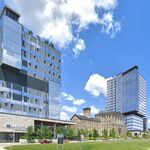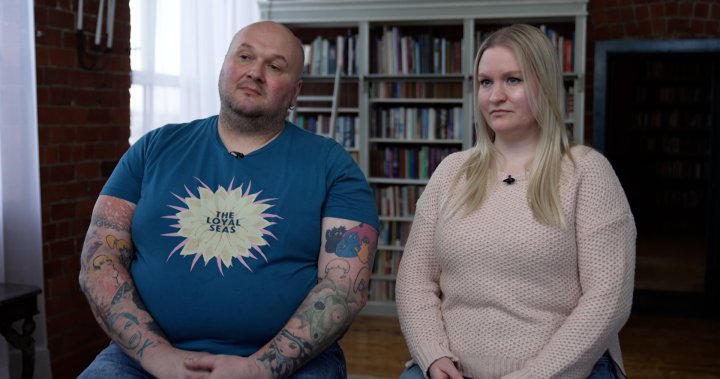More than three decades ago, British Columbia’s politicians made the decision to end the practice of warehousing the mentally ill. The notorious Riverview Hospital, where patients were subjected to forced sterilizations and other indignities, was shuttered, and was supposed to be replaced with community-based, recovery-oriented care.
The second part of that plan, like too many places in Canada, was executed as a half-measure, at best. The government of the day promised a mental health care system that would be “one of the finest anywhere.” That didn’t happen. The province’s auditor-general later found that B.C. had no clear plan, no standards of care, and not even a handle on the number of people needing treatment.
Decades later, the results are sadly obvious. A relentless crisis of homelessness and untreated mental illness and addiction in Vancouver’s Downtown Eastside and elsewhere across the country, alongside a wave of random violent attacks in Canadian cities, is leading to political pressure to take a new look at involuntary treatment.
British Columbia is pinning its hopes on a model of care quite literally built on the past. The Red Fish Healing Centre for Mental Health and Addiction, which treats the most complex cases, is constructed on the grounds of Riverview. A majority of patients – 60 per cent – have been sent to the 105-bed facility without their consent.
B.C.’s NDP Premier David Eby, a former civil liberties lawyer who championed clients from Vancouver’s Downtown Eastside, is a surprising advocate for involuntary care.
He argues that the infringement of liberty is justified when the alternative is leaving individuals with mental health and addiction challenges to a miserable existence on the streets, at risk of death or brain damage by overdose.
Failing to intervene in such cases, he said, is cruel.
Mr. Eby’s choice of words is entirely apt and underscores the moral question at the heart of this new push for involuntary care. Should a person in a mental health crisis, who poses a risk to themselves or others, have the right to refuse treatment? Mr. Eby’s answer is that a compassionate, medically grounded response does not always require consent.
Alberta’s United Conservative Party government is looking to go further than B.C., as The Globe and Mail has reported. The province is considering the introduction of the “Compassionate Intervention Act,” which would be Canada’s first involuntary treatment law that specifically targets drug addictions. The UCP, with its focus on the issues of crime and social order, may have different reasons, but it is eyeing a similar path as the NDP in B.C.
Critics of Alberta’s proposals (including provincial NDP Leader Rachel Notley) have
assailed the yet-to-be-written law as unconstitutional, ineffective and cruel. Ms. Notley wrote that “effective and lasting treatment meets people where they’re at.”
Those critics are ignoring the obvious: If someone has been robbed of their agency through addiction or illness, the cruellest possible act is to leave them to drown on their own. Mr. Eby, with his impeccable progressive credentials, has come to this realization.
There is an important caveat to any increase in involuntary care. Support for prevention, early intervention and treatment must be the main focus. Involuntary care can only be a stopgap when all else has failed. Sadly, those failures are rampant.
The Red Fish facility is tackling the worst of those failings. Its patients have exhausted other treatment options. Many have been violent either with health care staff or while committing a crime on the street. All of them are battling severe addictions to drugs. The facility offers intensive, months-long treatment, but the true test will be how patients fare once they are discharged, and those results are not yet in.
Mr. Eby says the province needs more facilities like Red Fish. That is in keeping with the recommendations of an expert panel commissioned by his government to study repeat offenders and random stranger attacks. While the panel called for a new kind of involuntary rehabilitation facility for those who present a risk of harm to others, it also urged the province to spend a lot more on mental health programs.
Bigger and better mental health supports are needed, but involuntary care has a role to play in some cases. To fail to provide it would be, to use Mr. Eby’s word, cruel.
 www150.statcan.gc.ca
www150.statcan.gc.ca







/cloudfront-us-east-1.images.arcpublishing.com/tgam/UP64FUZMUNBVPBOIJMK7HT233E.JPG)